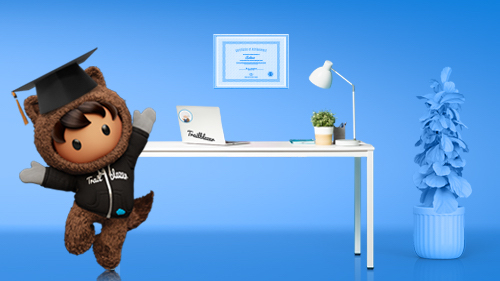
Get your FREE 30-day trial.
Please complete all fields.
How we think and behave stems largely from well-established perceptions, habits, and the things we take for granted. Over a lifetime these traits have developed with the influence of our social, economic and religious upbringing, as well as schooling and work experiences. Collectively they help define who we have become. Arguably the most significant challenge facing each of us, as individuals and in business, is being locked in a prison of habit. The post that follows will offer ways to break free from the “chains of mediocrity” holding us captive; freeing ourselves to think in whole new ways.
Researchers estimate we rely on thousands of habits that are subconsciously triggered by our brains in response to specific situations. In his book, The Power of Habit, the author Charles Duhigg points to research from Duke University in 2006 that discovered 40% of actions people took each day did not result from conscious decisions but instead from their habits.
In 2005 the UK Government published a report on creativity, education and their economy. The research showed young people lost their ability to think in "divergent or non-linear ways," a key component of creativity. Of 1,600 children ages three to five who were tested, 98% showed they could think in divergent ways. By the time they were eight to 10 years of age, 32% could think divergently. When the same test was applied to 13 to 15-year-olds, only 10% could think in this way. Finally, when the test was used with 200,000 25-year-olds, only 2% could think divergently.
The key conclusion of the study was that education is the culprit. The educational system is driven by the need to find an answer to a question. We teach students how to logically and analytically solve a problem and find the answer. The unintended consequence is that we develop the logical and quantitative left-side of our brain, while stifling divergent thinking and creativity that occurs in the right-side of our brain. The report offered a poignant conclusion that creativity must be in the 'genetic code' of education and that it is essential to surviving the new 21st century economy."
These findings align with Daniel Pink’s perspective offered in his book A Whole New Mind: Why Right Brainers Will Rule the Future. He references the transition from the agricultural age to the industrial age and then to the information age. He goes on to explain we are quickly moving from the information age into the conceptual age. In the conceptual age logical, linear and quantitative thinking is important, but no longer sufficient. He claims the future belongs to a different kind of person with a different type of mind. Those holistic right-brain thinkers will define the fault line between those who get ahead and those who don’t.
Another factor strengthening the bonds of mediocrity is the environment in which we work. Combined with our existing habits, the effect of our educational system and our propensity for left-brain thinking, the collective effect of these factors form a perfect storm of convention and sameness. Most of us don’t have the luxury of excess time; in fact, it’s just the opposite. Every day we face an endless number of emails and a calendar packed with back-to-back meetings. We are sucked into the vortex of “the urgent” and find ourselves under constant pressure to grow revenues, reduce costs or extinguish the unexpected fires that erupt. There is little time to think deeply about what we are doing, causing us to default to a reliance on our habits to ‘check the box off’ and get us through the day. As a result we tend to improve rather than fundamentally change or transform what is done today leading to the unintended consequence of perpetuating the status quo.
The outcry in business today is for innovative and transformative thinking and action. Engaging in this conversation provides a compelling point-of-view supporting the claim that the single greatest challenge we face as individuals, teams and organizations is being locked into our own prison of habit. In the next blog post, I will share how a simple coffee cup can be the keys that unlock the door of our prison cell.
About the Author
Steven Wilt is a Program Executive in the customer success group and is responsible for delivery of innovation and transformation solutions for enterprise customers at Salesforce.